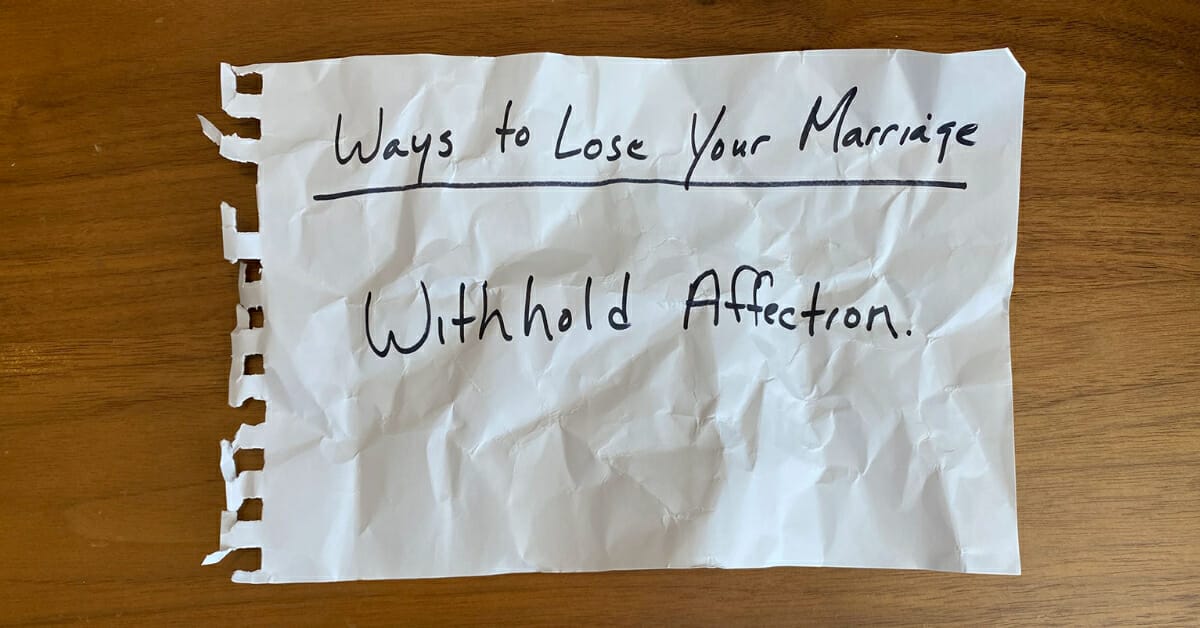IS YOUR GLASS HALF-EMPTY OR HALF-FULL?
I tend to be a glass-half-full person. But there are still times when demands, difficulties, and disappointments can easily drain my glass. It happens to all of us.
But resilient people seem to be more impervious to the glass-half-empty mindset. They seem more steady and unflappable in the face of things that would drag others down.
The other day I read a book called “The Power of Optimism” by Alan McGinnis. To be honest, I had been avoiding this book because it sounded like one of those books that would promise rainbow and unicorns to anyone who would just think happy thoughts hard enough.
But once I started reading, I was pleasantly surprised and wound up reading the book in one afternoon. Thought the book is more than 20 years old, it offered very realistic and practical insight for anyone who wanted to redirect their pessimism and become more positively resilient.
HOW TO BUILD RESILIENCE
Here are some things I picked up from this book that can help you be more resilient in marriage…and in life.
Don’t be surprised by trouble.
You don’t have to go looking for trouble, but you don’t have to be caught off guard by it. We live in a world where things go wrong…even to the best of people. And acting like trouble will never happen won’t make it go away.
So, face reality and be realistic. When trouble comes, don’t stick your head in the sand. Address it.
Realize there’s always something you can do.
When trouble comes, approach it as a problem solver. Change what you can change. If you can’t change something…work with it or work around it.
You don’t have to change everything or get everything right all at once. Don’t be a perfectionist. Take incremental steps toward change. The small steps add up to big change. Also, remember that if something you try doesn’t work, it’s not a failure…it’s a learning curve.
Take time for renewal.
Life can be hard, and it’s easy to wind up depleted, burned out, and exhausted. So regularly do things that will put some fresh wind in your sails.
Hang out with fun and hopeful people. Read a good book. Meet new people. Take a regular sabbatical for rest. Play with a child. Do whatever recharges you and renews you. This a key part of resilience.
Take control of your thinking.
So many of us have thinking habits that work against us, rather than for us. Here are just a few of the thinking habits we need to control:
- Catastrophizing. – This when we take a negative experience and we blow it up out of proportion and make it worse than it really is.
- Generalizing. – This is when something happens, and we act like this kind of things always happens to us.
- Filtering. – This is when we tend to filter out positive things and only look at the negative things.
- Personalizing. – This is when we take everything as if it’s a personal affront…even if it has nothing to do with us.
There are just a few of the unhelpful thinking habits we can have. For more on this, I encourage you to listen to Quick Counsel episode #56.
Express more gratitude.
Focusing on the negative is easy. The negative seems to scream at us from every direction. But if you start experiencing and expressing gratitude for the good things in your life, it will shift your focus from the negative to the positive.
Learn to savor the good things in your life. Good food. Good company. A cool breeze. Children playing. The roof over your head. The list is practically limitless. So take note. Make a list. It will change your attitude and make you more resilient.
Stretch yourself.
Did you know that your brain can continue to grow, and stretch, and amass knowledge…no matter how old you are? So learn new things. Watch documentaries. Pick up a new hobby. Take a different route home. Learn a new language. The more you stretch yourself, the more resilient you’ll be.
Swap hostility for happy.
Our world seems awash in hostility. Whether it’s special interest groups, news outlets, or Congress, hostility is everywhere you turn. Don’t add to the hostility. It will wear you out, ruin your health, and get you nowhere.
Replace anger and frustration with interest and compassion. Rather than giving grief, give the benefit of the doubt. Rather than judge someone, pray for them.
Celebrate more. Listen to music that pick you up. Watch movies that make you laugh.
If you’re having trouble with being happy, try the following:
- Get plenty of sleep.
- Find out what starts your day off well, and do that often.
- Regularly get in a brisk walk or some exercise.
- Even “act-as-if” you’re happy, and it just might rub off on you.
Share more good news than bad news.
Complaining is a habit, and many of us have learned that habit well. Don’t feed your negativity by sharing it. Talk more about the good things than the bad things.
You can choose your focus and your communications. So don’t be like the news outlets that share 95% bad things and 5% good things. Turn that around and learn to share as many good things as you can.
Lean into love.
By this, I’m talking about actively loving others by serving them, encouraging them, and helping them. When you lovingly serve others, it helps them, but it changes you. Loving others may be the highest contributor to resilience.
A FINAL WORD…
If you’re a glass-half-empty person, the above steps can actually help to rewire your brain and keep you from being shaped and stopped by the difficulties of life. These actions will make you more resilient in marriage…and in life.
And if you’re already a glass-half-full person…couldn’t you use a little more?












